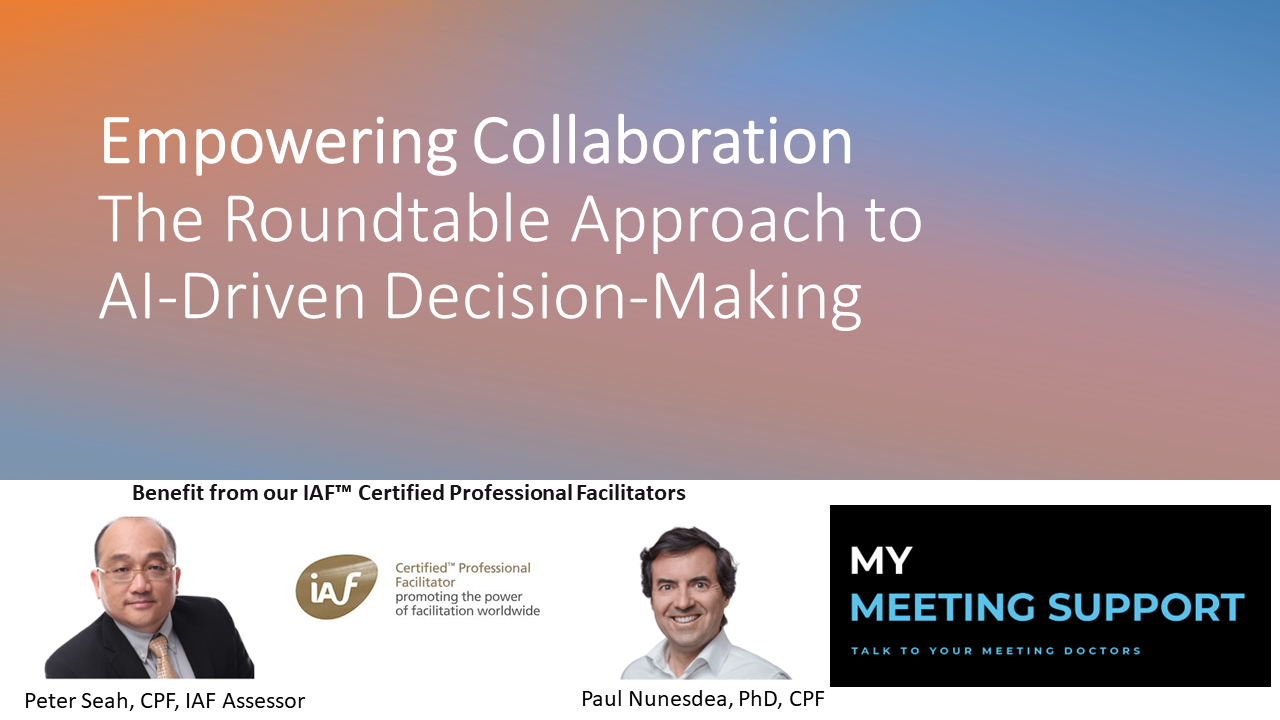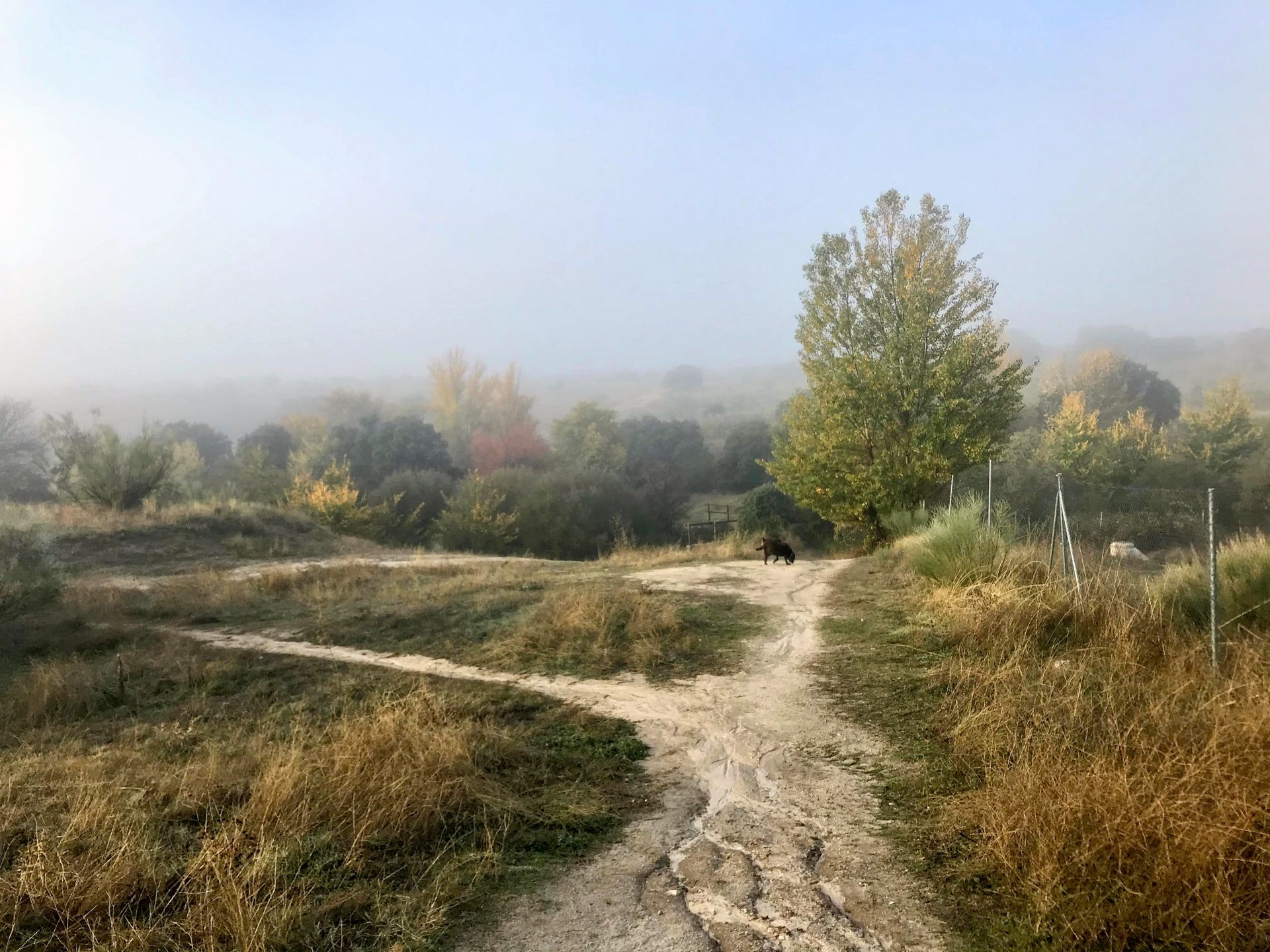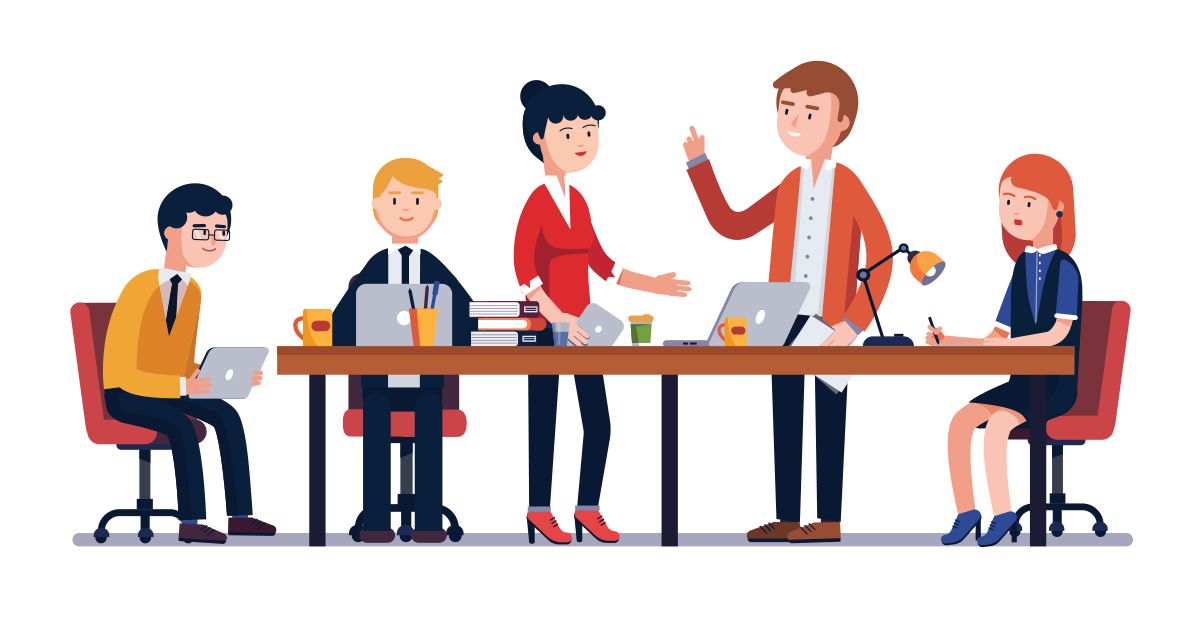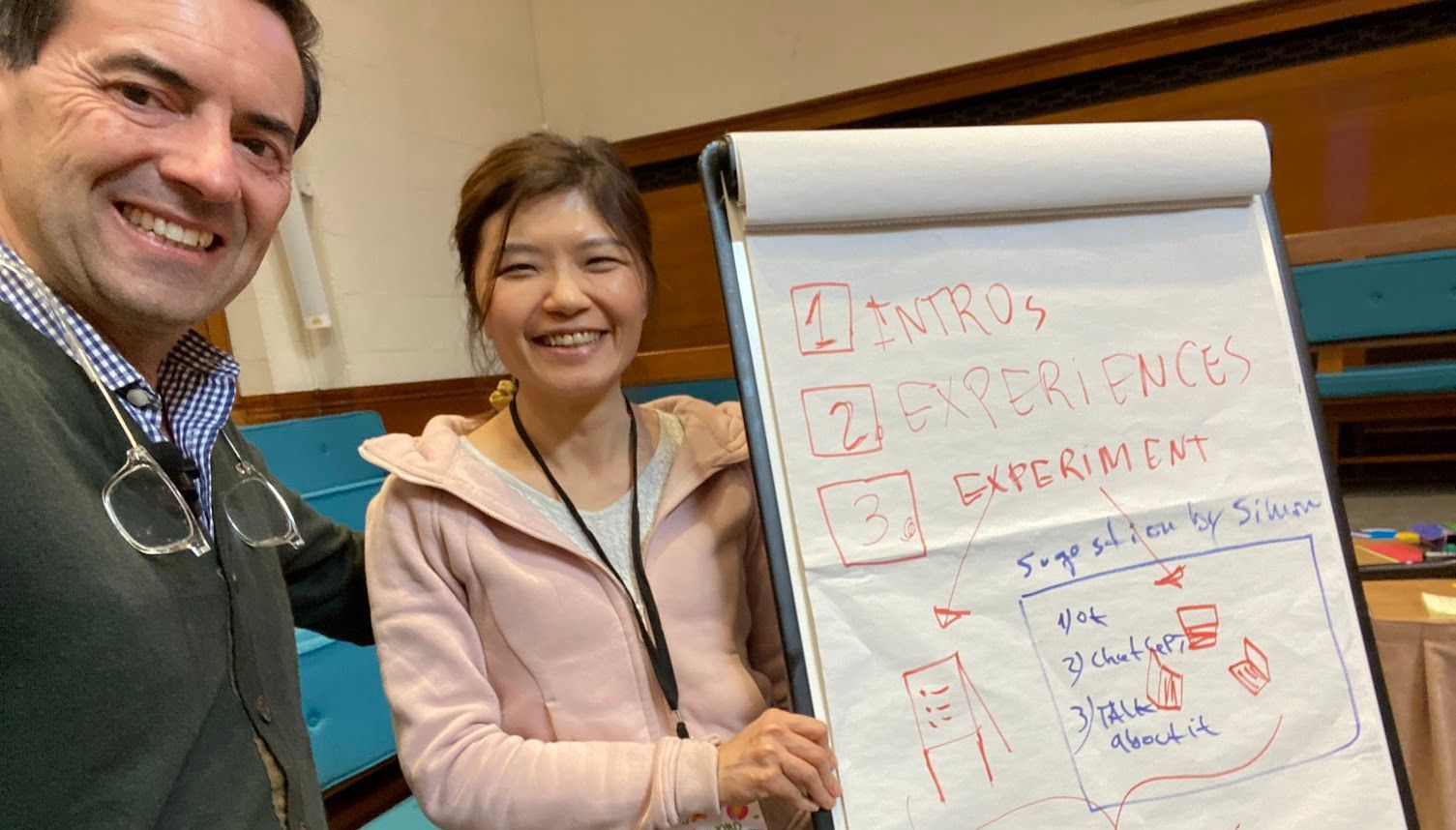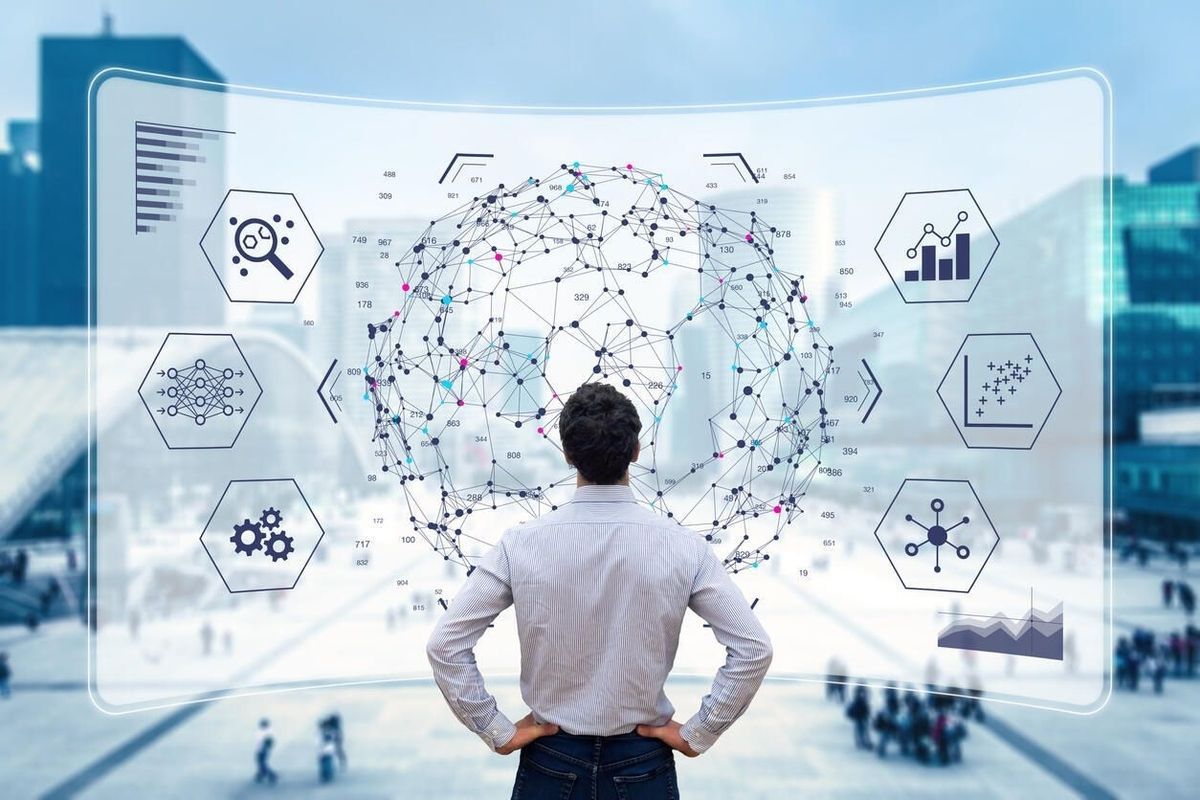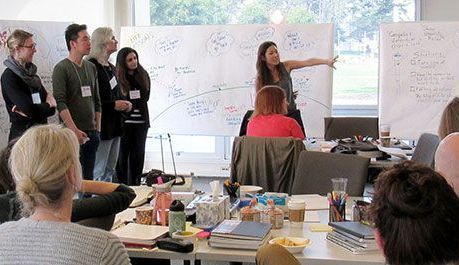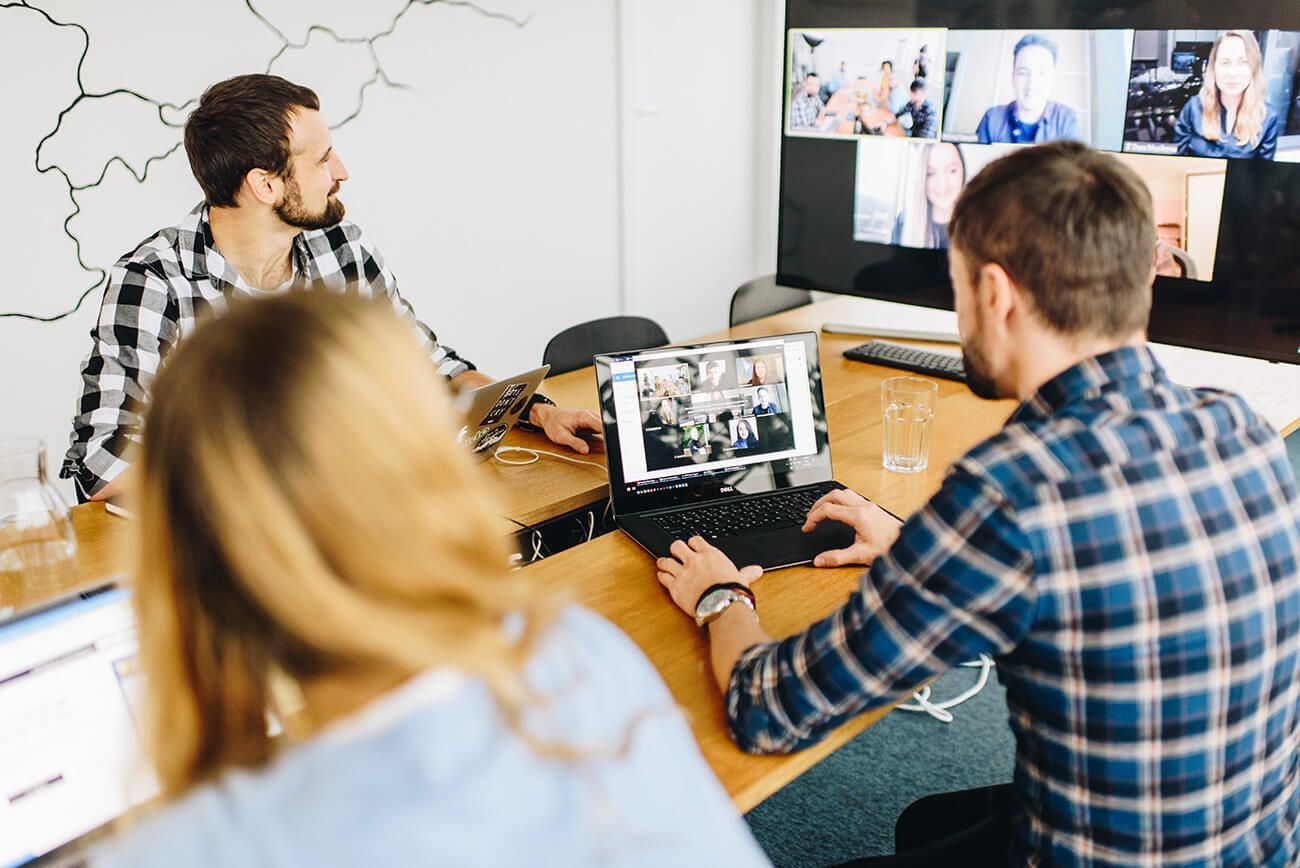The impact of AI in Facilitation: Friend of Foe?
Empowering the future of facilitation: How AI is transforming the way we guide groups
The International Association of Facilitators (IAF) champions the art and practice of professional facilitation, equipping individuals with the skills to guide groups towards productive and collaborative decision-making. As Artificial Intelligence (AI) continues to evolve, it's poised to significantly impact the landscape of facilitation. But will AI become a trusted partner or a disruptive force?
The IAF outlines core competencies that facilitators need to possess, including effective communication, group process management, and the ability to design impactful learning experiences. AI presents exciting opportunities to enhance these core skills.
On the positive side, AI-powered tools can analyze group dynamics in real-time, providing facilitators with valuable insights into participant engagement, sentiment, and areas requiring deeper exploration. This allows facilitators to adapt their approach on the fly, ensuring everyone has a voice and key issues are addressed effectively.
Furthermore, AI can personalize the learning experience for facilitators themself. Imagine AI platforms recommending relevant training resources or highlighting areas for improvement based on past facilitation sessions. This continuous learning and development is crucial for facilitators to stay ahead of the curve.
AI can also handle repetitive tasks like scheduling, logistics, and participant registration. By automating these administrative burdens, facilitators are freed up to focus on the strategic aspects of facilitation, such as designing creative problem-solving exercises or fostering deeper connections within the group.
The global reach of facilitation can also be expanded through AI translation and interpretation tools. This opens doors to cross-cultural collaborations and ensures diverse audiences can participate meaningfully in discussions. Additionally, AI can analyze past facilitation sessions to identify best practices and areas for improvement, informing the development of even more effective facilitation methodologies.
However, the potential downsides of AI shouldn't be ignored. Overdependence on AI tools could lead to a neglect of interpersonal skills and emotional intelligence, both crucial for building trust and rapport within a group.
Job displacement is another concern. While AI won't replace the human facilitator entirely, it might automate some routine tasks, potentially impacting those who rely heavily on these aspects. Ethical considerations regarding bias in AI algorithms also need careful attention. A biased algorithm could lead to unfair or discriminatory outcomes in the facilitation process.
Perhaps the biggest concern is the lack of human touch. Participants might miss the personal connection and empathy that human facilitators provide. This could lead to decreased engagement and ultimately hinder the success of the facilitation process.
Navigating a new lanscape

So, how can we navigate this new landscape? The key lies in human-AI collaboration. AI should be seen as a tool to empower facilitators, not replace them. The IAF can play a vital role in this transition by providing its members with:
- Training and resources on using AI tools effectively and responsibly.
- Ethical guidelines for AI use in facilitation practices.
- Opportunities to collaborate with AI developers to ensure tools are designed to support, not replace, human facilitation.
Individual facilitators can also take steps to develop their expertise in AI tools:
- Explore and experiment with different AI tools relevant to their facilitation needs.
- Build knowledge through online courses, industry publications, and attending webinars.
- Focus on practical application by integrating tools gradually, starting with smaller tasks.
- Remember, AI is a tool, not a replacement. Focus on areas where human skills like critical thinking, creativity, and emotional intelligence add value.
The future of facilitation lies in embracing the power of AI while safeguarding the irreplaceable human touch. By fostering a collaborative approach, the IAF and its members can ensure that facilitation continues to be a powerful tool for driving innovation, collaboration, and positive change.
About the Authors
Paul Nunesdea PhD, CPF, MC and Peter Seah, MBA, CPF, Certified Assessor IAF have started a renowned partnership that has trained +40 facilitators with GroupMap™ since 2020 and are now committed to the bring you to the next level with AI-powered digital facilitation. The Digital Collaboration Academy offers competency-based training in both soft skills of the facilitation process along with the technical ability to design and deliver with Howspace™ and other digital facilitation platforms.
About us
My Meeting Support, through its parent company col.lab | collaboration laboratory Ltd, aims to revolutionize the way events and training programs are managed. By bringing together a community of experienced facilitators and leveraging the power of digital tools for collaboration provides services that are not just about executing an event or a training session, but about crafting unique experiences that promote collaboration, learning, and engagement. It's about fostering connections and creating environments where ideas can thrive and lead to actionable outcomes. This approach ensures that every event is not just a fleeting moment but a lasting impact.
"Talk To Your Meeting Doctors" is a dynamic and engaging series that aims to address common challenges faced in meetings and offer expert advice and strategies to enhance meeting effectiveness. As co-hosts, Paul Nunesdea and Martin Duffy bring their wealth of experience and expertise to the forefront, sharing practical insights and facilitating discussions on topics such as meeting design, participant engagement, decision-making processes, and fostering a culture of collaboration.
This LinkedIn Live event series serves as a valuable platform for professionals from diverse industries and backgrounds to gain actionable knowledge, exchange ideas, and discover innovative approaches to optimize their meeting experiences. By leveraging the expertise of Paul Nunesdea and Martin Duffy, participants can tap into a wealth of practical guidance and best practices that will enable them to transform their meetings into productive, meaningful, and impactful sessions.
Check out the next upcoming episodes: here and our training courses here.
Follow Us
"Be brave enough to start conversations that matter and shift the direction of change for the better."
col.lab | collaboration laboratory is a spin-off from the book series " Architecting Collaboration " and our privacy policy can be consulted here
My Meeting Support is an event services brand by col.lab | collaboration laboratory






